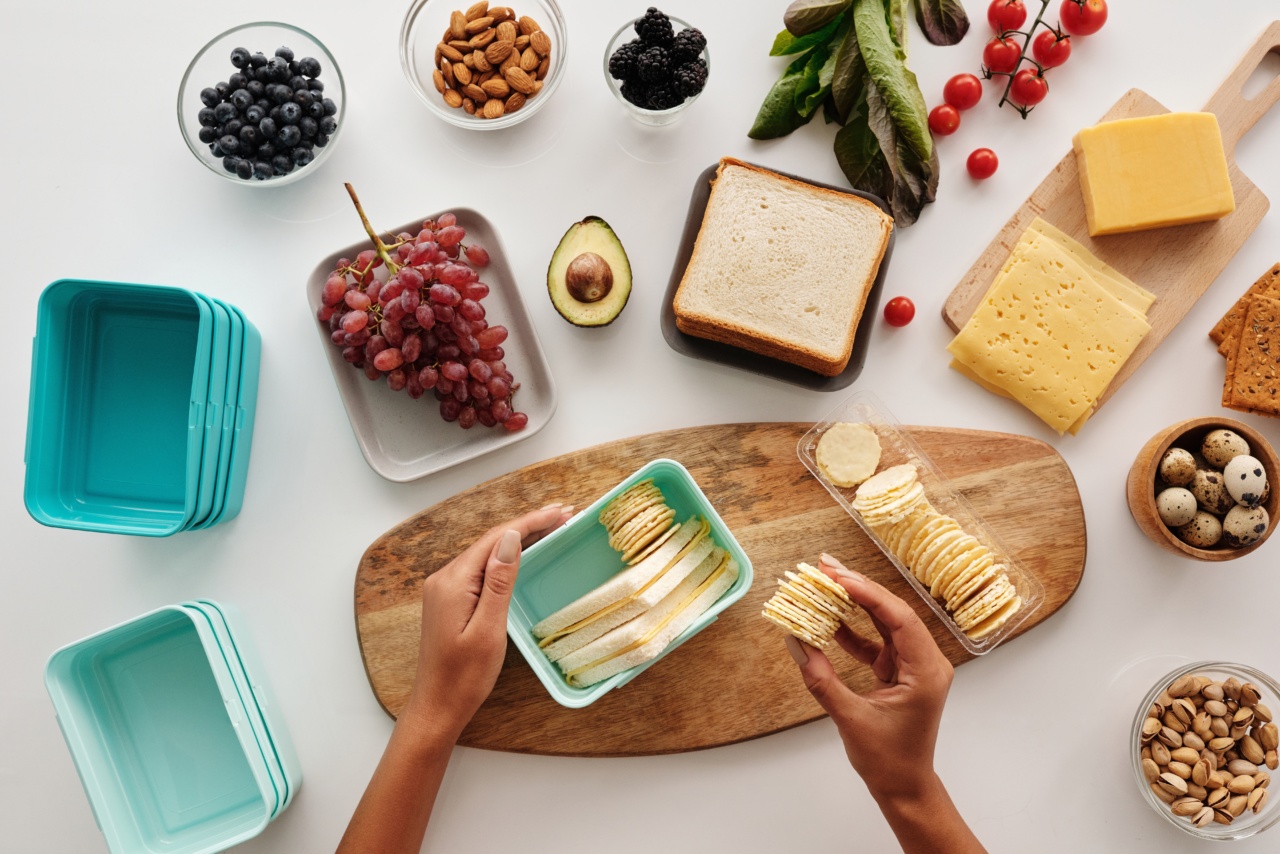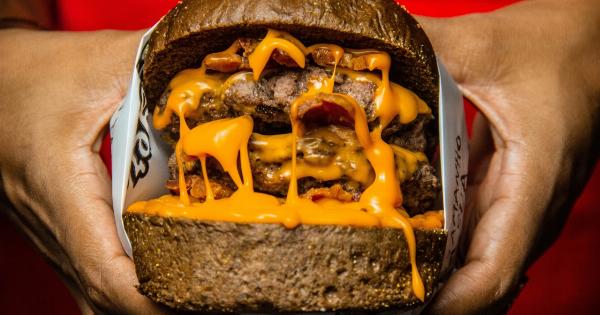Strokes, also known as cerebrovascular accidents, occur when there is a disruption in the blood supply to the brain, leading to damage or death of the brain cells.
When it comes to diet and stroke risk, what you eat can either increase or decrease your chances of developing a stroke. In this article, we will discuss the foods that contribute to ischemic and bleeding stroke and how to modify your diet to lower your stroke risk.
Ischemic Stroke
Ischemic strokes occur when a blood clot blocks the flow of blood to the brain. The risk factors for ischemic stroke include high blood pressure, high cholesterol, smoking, diabetes, and, of course, diet.
The following foods increase your risk of developing an ischemic stroke:.
1. Trans Fats
Trans fats, also known as hydrogenated fats, are found in many processed foods such as fried foods, baked goods, and processed snacks. These fats increase your risk of developing heart disease, which in turn increases your risk of stroke.
To lower your risk of stroke, it is best to avoid foods that contain trans fats.
2. Saturated Fats
Saturated fats are found in animal products such as meat, cheese, and butter. They increase your levels of LDL, or “bad” cholesterol, which clogs your arteries and increases your risk of stroke.
To lower your risk of stroke, it is best to limit your intake of saturated fats.
3. Sodium
Sodium, also known as salt, is found in many processed foods and contributes to high blood pressure, which in turn increases your risk of stroke. To lower your risk of stroke, it is best to limit your intake of sodium.
The American Heart Association recommends no more than 2,300 milligrams of sodium per day.
4. Sugary Drinks
Sugary drinks such as soda, sports drinks, and even fruit juices are high in sugar and calories, which can lead to weight gain and an increased risk of stroke.
To lower your risk of stroke, it is best to limit your intake of sugary drinks and opt for water, unsweetened tea, or low-fat milk instead.
Bleeding Stroke
Bleeding strokes occur when a blood vessel in the brain ruptures, leading to bleeding and damage to the surrounding brain tissue. The risk factors for bleeding stroke include high blood pressure, smoking, and, of course, diet.
The following foods increase your risk of developing a bleeding stroke:.
1. Alcohol
Heavy alcohol consumption increases your risk of developing high blood pressure, which in turn increases your risk of bleeding stroke. To lower your risk of stroke, it is best to limit your alcohol intake.
The American Heart Association recommends no more than two drinks per day for men and one drink per day for women.
2. Fish Oil Supplements
Fish oil supplements and other supplements that contain omega-3 fatty acids can increase your risk of bleeding stroke, especially if you are taking blood thinners.
To lower your risk of stroke, it is best to talk to your doctor before taking any supplements.
3. Vitamin E Supplements
Vitamin E supplements can also increase your risk of bleeding stroke, especially if you are taking blood thinners. To lower your risk of stroke, it is best to talk to your doctor before taking any supplements.
Conclusion
In conclusion, what you eat can either increase or decrease your risk of stroke. To lower your risk of stroke, it is best to limit your intake of trans fats, saturated fats, sodium, and sugary drinks.
It is also important to limit your alcohol intake and talk to your doctor before taking any supplements.































